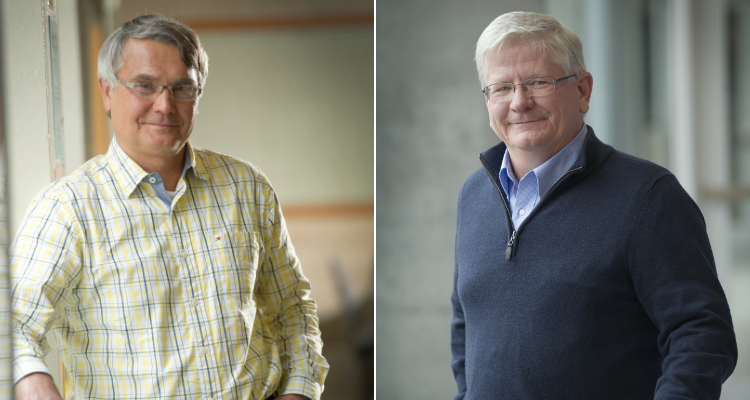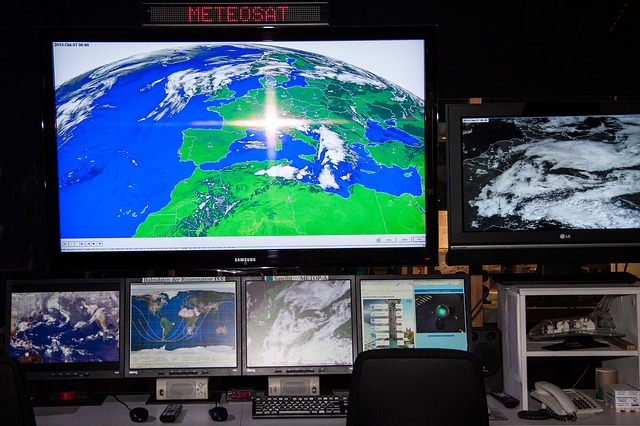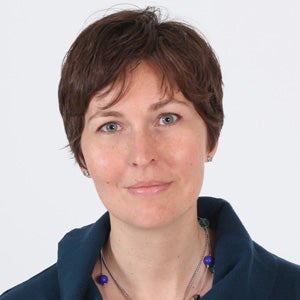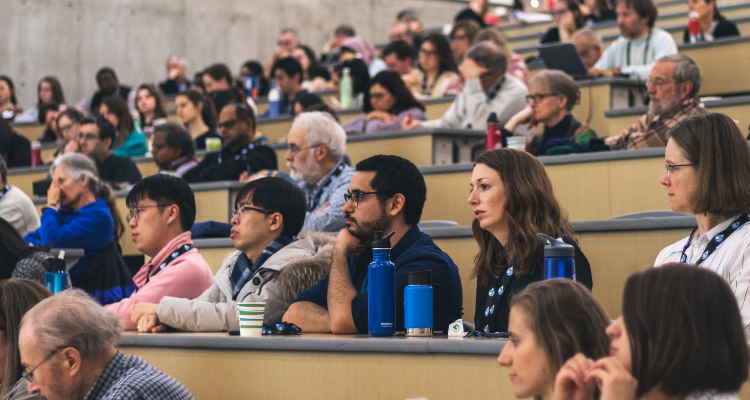Water Institute members collaborate and win 'Best Paper' of 2018 in ES&T Letters

Professor Janusz Pawliszyn, Professor Mark Servos

Professor Janusz Pawliszyn, Professor Mark Servos
The University of Waterloo has been recognized for its social and economic impact related to its United Nations Sustainable Development Goals (SDGs) commitments.
Antiquated city infrastructure not built to withstand changing climate, says Water Institute member Jason Thistlethwaite.
Canada's warming temperatures will result in more expensive and less comfortable city living, an environment and business expert warns.
Earth is warming. The vast majority of climate scientists have spent many years warning the public of that reality and the dangers it poses for life on our fragile planet.
Now, there’s evidence that Canada will experience the effects of climate change more severely than many other regions of the globe.
"Canada's climate has warmed and will warm further in the future, driven by human influence,” reads a new report commissioned by Environment and Climate Change Canada. “Both past and future warming in Canada is, on average, about double the magnitude of global warming.”
Water Institute member Blair Feltmate, Head of the Intact Centre on Climate Adaptation, comments on the new report in an interview with CBC.
Canadian meteorologists who deliver the evening news are interested in educating Canadians about the increasing impacts of climate change.
A recent study from the University of Waterloo found that television weathercasters are increasingly interested in getting into climate change journalism, as opposed to just forecasting current conditions, but face a number of barriers to taking on the role.


On March 22, 2019, the Water Institute hosted World Water Day celebrations at the University of Waterloo. Nearly 300 water researchers, industry professionals, students, and community members came together to learn about this year's theme, "Leaving no one behind: Water for all."

A new report released Thursday by a team researchers, including Water Institute member Rob de Loë, suggests extreme bouts of precipitation and flooding could be the new normal in the Great Lakes region due to climate change.
The below was written by Queen Elizabeth Scholar, Roxanne Springer
A Waterloo startup has developed a solution for keeping microfibre pollutants out of our water
When tossing in a load of laundry most of us have no idea that other people may unwittingly swallow tiny pieces of our yoga pants or bath towels.